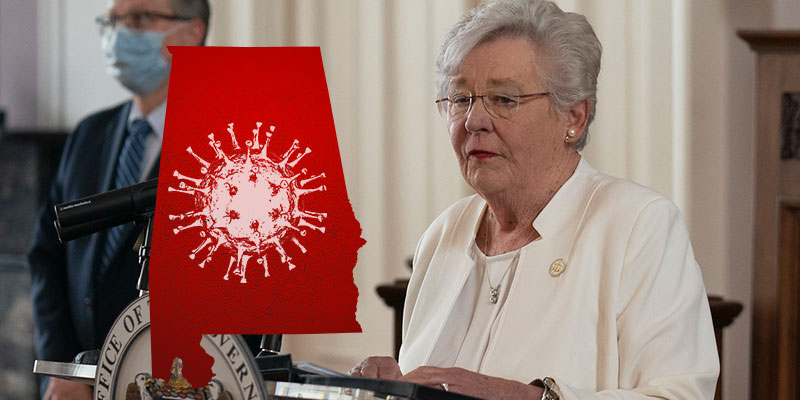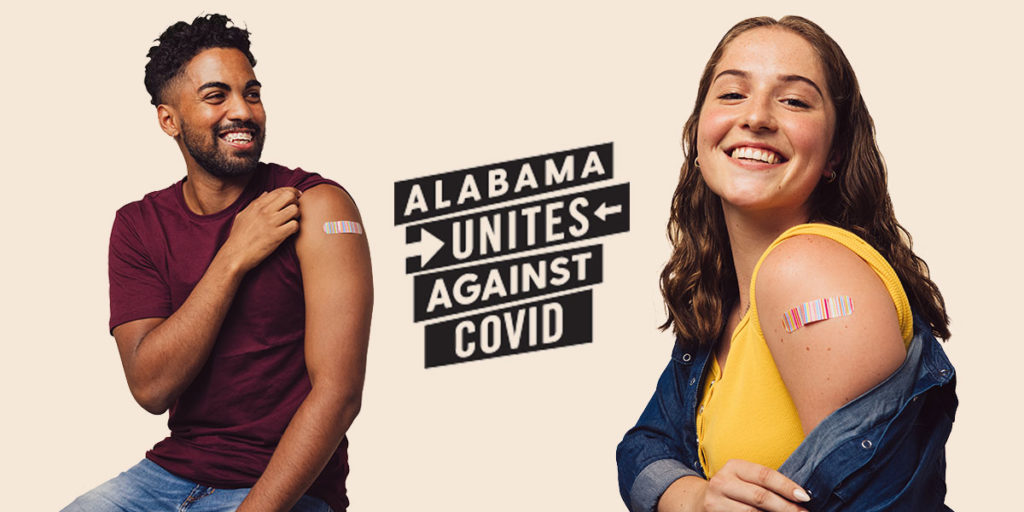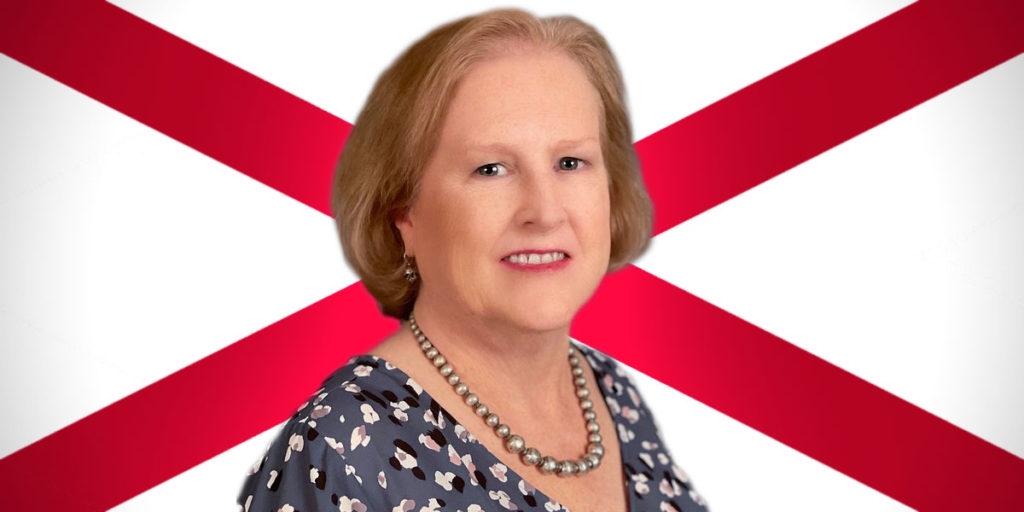Amid concerns of a second wave of the coronavirus, California has closed some of its beaches. The Dow dropped. Apple temporarily closed some of its U.S. retail stores again. As states reopen, many are wondering whether some states will institute a second shutdown.
A second shutdown would be harsh news for the ordinary working Americans who are disproportionately impacted by the economic shutdown. But we must allow state governors to decide what is best for their states.
Giving state and local leaders the leeway to make decisions regarding their own residents’ livelihoods and safety was the right call for Trump to make at the start of this pandemic. It is vital that federal agencies don’t take a “one state fits all” approach to our economic recovery. Our governors and lawgivers need to practice accountability to their local constituents and do what’s best for the communities they directly serve. Anything other than that is a mistake that will undermine our common battle against COVID-19 and our common fight to restart the American economy.
We have inspiring examples from across the nation of state governors taking a responsible and considered approach to the coronavirus. South Dakota, for example, never shut down; governor Kristi Noem chose instead to protect her residents’ civil liberties. In Wyoming, which has fewer than 600 positive COVID-19 cases, and Alaska, which has just 399, Governors Gordon and Dunleavy wisely decided that shuttering businesses would be an unnecessary violation of their citizens’ rights. And in Alabama, where there has been a recent uptick in COVID-19 cases, Governor Ivey has worked hard both to keep her state informed about COVID-19 and to keep economically damaging restrictions on her local communities at a minimum. As her state continues to battle COVID-19, she has insisted on tailoring her state’s response to her community’s real economic needs. Considering that one in five U.S. workers has filed for unemployment since mid-March, these governors are doing what’s right to mitigate the economic impact of the coronavirus on ordinary Americans while still paying heed to the reality of COVID-19.
For many who were skeptical of a state-by-state approach, Georgia’s partial reopening was a test case. Businesses in Georgia had the choice to reopen or not; some towns hit hardest opted not to reopen early on, while other businesses, according to the Atlanta Journal-Constitution, found they could work without in-person meetings.
Governors should be given the freedom, trust and respect to make the right decision for their residents. But this approach only works if governors truly seek what is best for their citizens, and don’t just willy-nilly impose strict lockdowns that they themselves don’t even think are worth obeying. Neither is the coronavirus an excuse for governors to score political points or enforce personal political causes. Governor Whitmer’s unnecessary ban on gun sales and Governor Northam’s extreme restriction on religious gatherings were irresponsible and excessive.
Lockdowns are not without risks. Unemployment is linked with long-term health risks like cancer, mental illness and even suicide. Many unemployed families can’t pay their medical bills or provide proper nutrition for their children. According to The Washington Post, “more than 40 percent of job losses could become permanent.” Governors who use the extreme measures of lockdowns in irresponsible ways are needlessly hurting Americans.
The U.S. government was right to take steps to quell the public health crisis and is right in continuing to provide support for states, small businesses, hospitals and individuals. But now, it is time for all of America’s governors to follow the examples set by Governors Ivey, Noem, and Gordon and Dunleavy and use right judgment, caution and care as they consider the particular needs of their states.
Many of the leaders who reopened their states before the majority did so faced media backlash, and they shouldn’t have. Forging ahead with smart, informed plans to reopen was an act of courage. By implementing plans that gradually allow businesses to return to normal operation, governors prioritized the long-term health of their states’ residents and did their best to protect them from coronavirus.
Everyone – the general public and lawmakers alike – should be allowed to do their part to stem the spread of the virus while also taking care of their communities and their families economically.
Public health must be protected, but so, too, should Americans’ Constitutional rights and their economic livelihood. Keeping people safe, guarding our rights and getting the economy running again are not mutually exclusive. As our country makes decisions regarding a second wave, governors need to lead with accountability and personal responsibility.
Timothy Head is the executive director of the Faith & Freedom Coalition.













